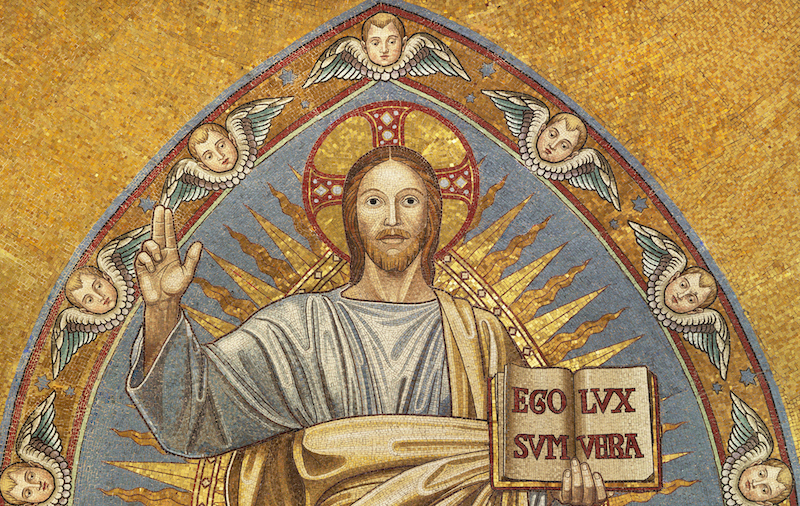While the pandemic has presented challenges for how we worship, the extent of our sacramental outreach, attending diocesan and parish events, and much more, it has also presented us with opportunities to employ new ways of serving and communicating within our faith community.
Among those opportunities is our use of technology. Since the first weeks of the pandemic and shutdowns, many parishes have livestreamed Masses to the homebound. Those who otherwise could not attend meetings of parish ministries now do so via Zoom. With the aid of technology, leaders are able to hold question and answer sessions with parishioners without the necessity of gathering in person.
In August, after months of development that pre-dated the onset of COVID-19, our diocesan Office of Christian Formation launched Pathways: Delivered, an online program whose content provides training for catechists. (A story about the program can be found here.)
Catechists are not merely volunteers. They are people steeped in their faith who have answered a vocational call from God to work in collaboration with me and parish pastors in providing faith formation of children, RCIA, youth ministry and adult education. Because faith formation is an enormous responsibility, catechists themselves must be formed in and knowledgeable about our Catholic faith. This requires a commitment to continuing education.
Pathways: Delivered provides that education. Through a process that has been thoroughly and professionally developed, the program equips catechists with the tools and information they need to provide the best formation to those they teach.
I would be remiss if I did not mention those who are critical to providing children with “a living encounter of Christ” — their parents. The “Directory for Catechesis” states: “Believing parents, with their daily example of life, have the most effective capacity to transmit the beauty of the Christian faith to their children.”
Catechesis of children is most effective when it is a cooperative commitment undertaken by parish catechists and by parents who are active in their children’s faith formation. It begins at home by word and example and is supplemented by the formal teaching provided in religious education programs. Faith formation of children is not something that parents can fully delegate; it must be an integral part of family life.
If you are a catechist, and you have not yet enrolled in Pathways: Delivered, please contact your pastor and begin benefiting from what it has to offer. I am grateful that you have answered the call to catechize people in your parish and to provide them with what the “Directory for Catechesis,” approved by Pope Francis last March and published in June, calls “a living encounter with Christ.”
For anyone who is not a catechist, I invite you to consider exploring Pathways: Delivered. From my experience as a pastor, I know that it is possible that you are being called to this ministry but aren’t sure how to respond. The first part of Pathways focuses on the vocation of the catechist and includes a “spiritual gift inventory” that will help you in your discernment. Even if you discover that your gifts don’t lend themselves to becoming a catechist, you may learn from the inventory where your gifts might be better suited for serving your parish.
As parishes and individually, please pray for our catechists and all who are involved in faith formation. They are essential in our call to evangelize and to build up the Body of Christ.
Editor’s note: Further information about Pathways: Delivered is available by contacting Megan Cottam at [email protected].

